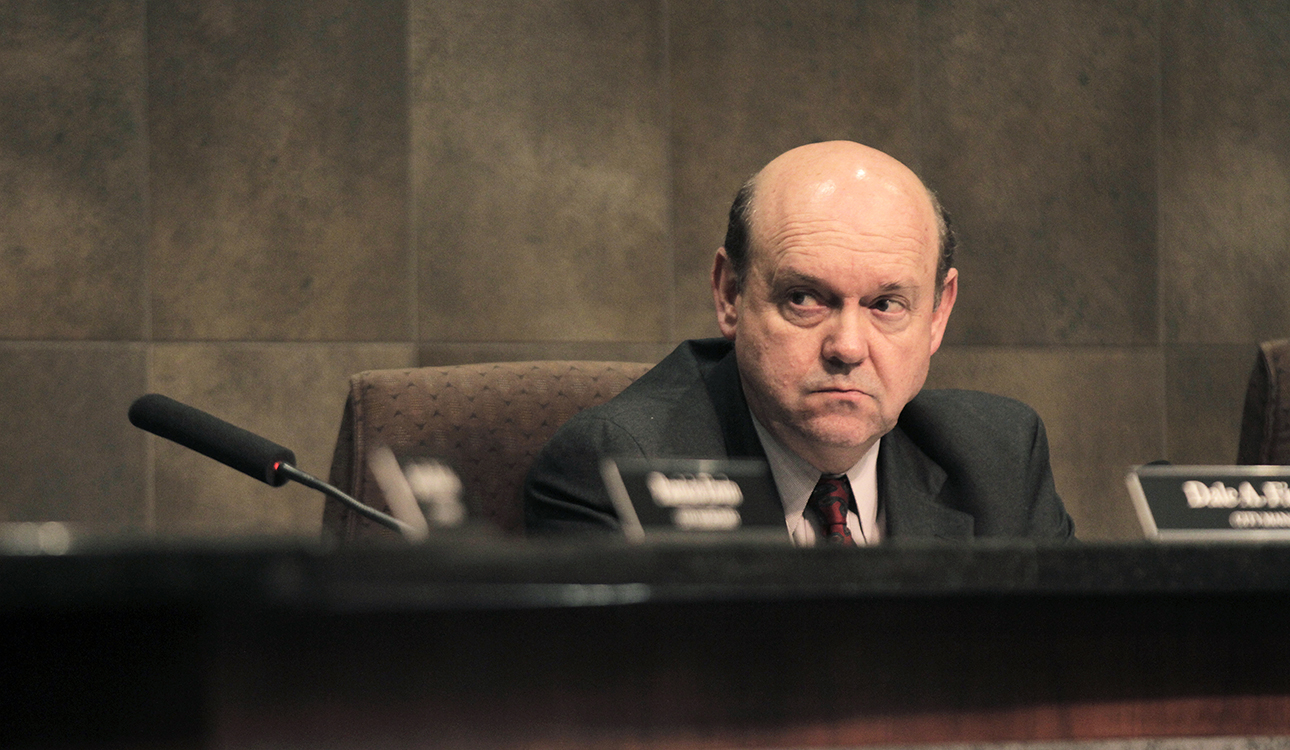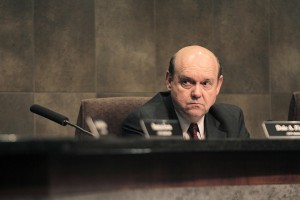

By Jordan Corona
Staff Writer
Waco City Council will keep talking about two proposed ordinances to regulate area strip clubs and other sexually oriented businesses, as agreed during Tuesday night’s meeting.
Before Mayor Malcolm Duncan opened the floor for public commentary, he said council members had too many questions about the two proposed ordinances to make a decision. A motion passed without disagreement to keep the discussion running until a vote on May 20.
City councilwoman Toni Herbert, who represents the fourth district, had not decided how to vote on the proposed ordinances yet.
“I don’t think I understood some of the language,” she said. “It wasn’t only about adult cabarets; the propositions also affected different adult businesses.”
One of the proposals amends current city zoning laws that keep sexually oriented businesses at least 600 feet away from public schools and residences.
City attorney Jennifer Richie said the amendment clarifies some terms and grandfathers certain sexually oriented businesses, within 600 feet, that were established before the zoning ordinance.
Richie said the second proposal is for modernizing the city’s laws around sexually oriented businesses.
“Our ordinance that we have right now was enacted in 1987,” she said. “A lot has changed. You can imagine an ordinance that old needs to modernize.”
The second ordinance on the table last night was more practical than the zoning amendment. The ordinance amendment would make more establishments subject to the law, require clubs to maintain records on their employees and make violations of city ordinances a more serious offense for sexually oriented businesses. Some remodeling may even be required of clubs to help enforcement officials.





